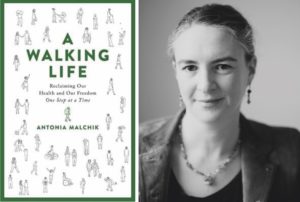 About Us
About Us
Mission, Vision, Purpose, Story, Accountability & Impact
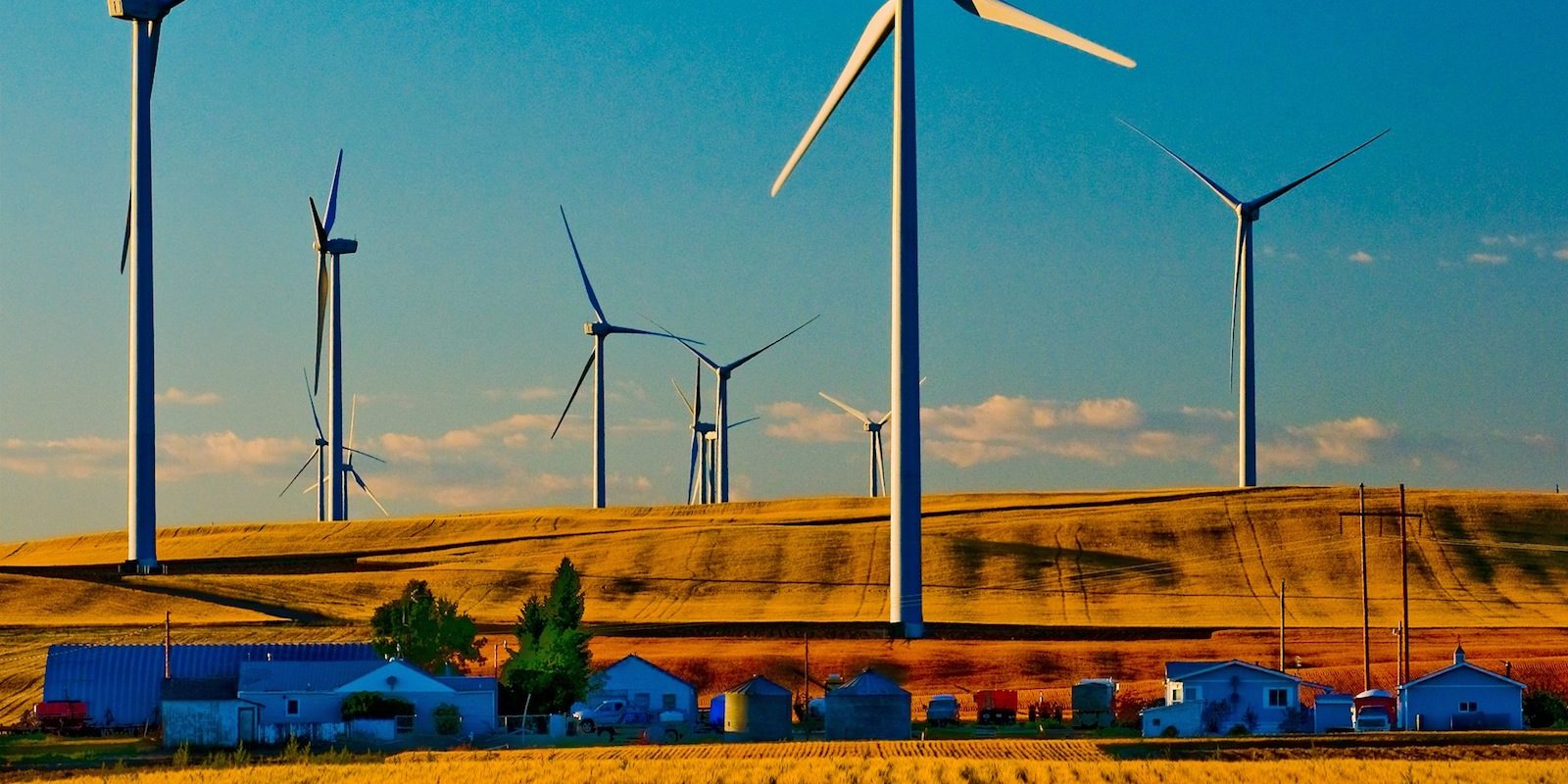 Vision & Values
Vision & Values
AERO Program Philosophy & Criteria
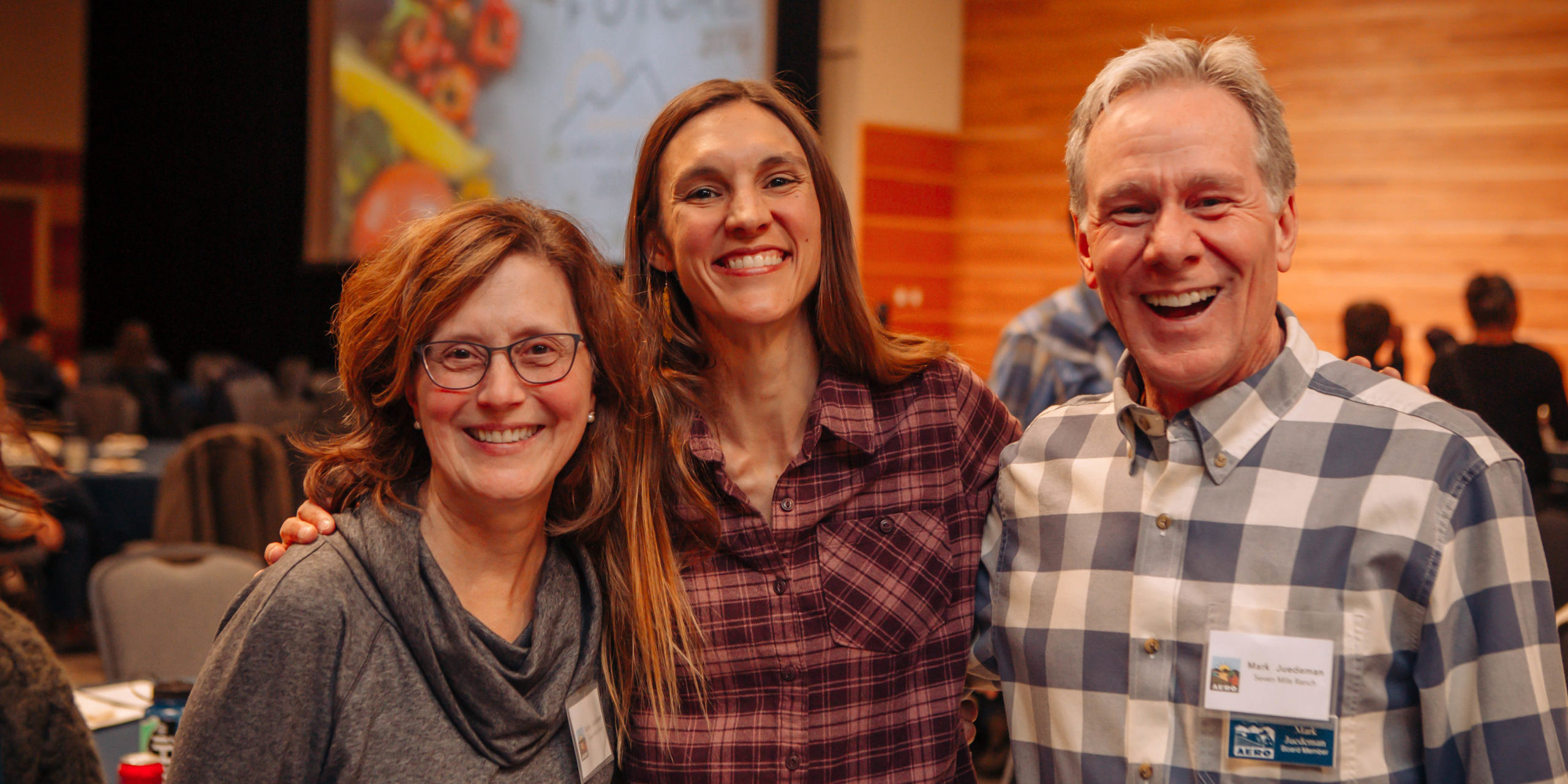 Friends of AERO
Friends of AERO
AERO Friends & Supporters
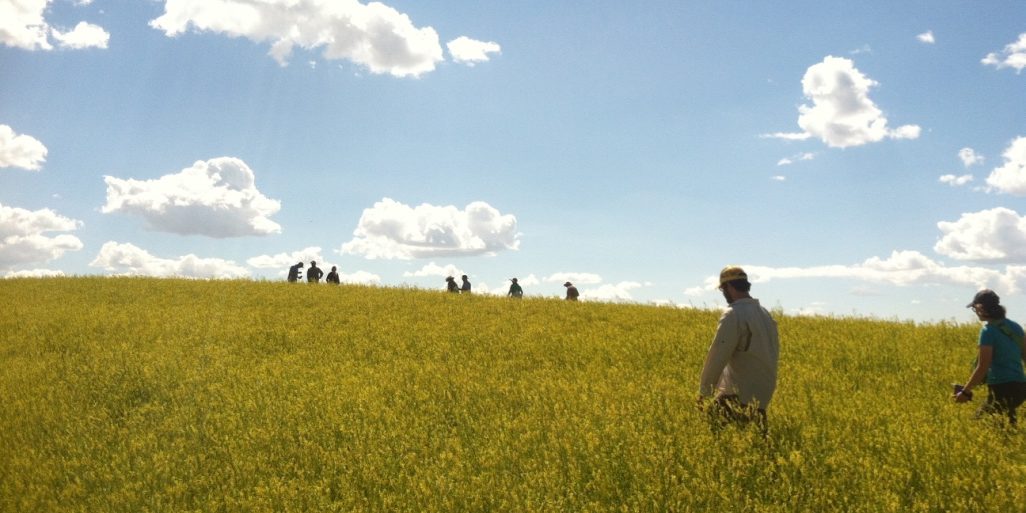 Our Team
Our Team
Staff & Board of Directors
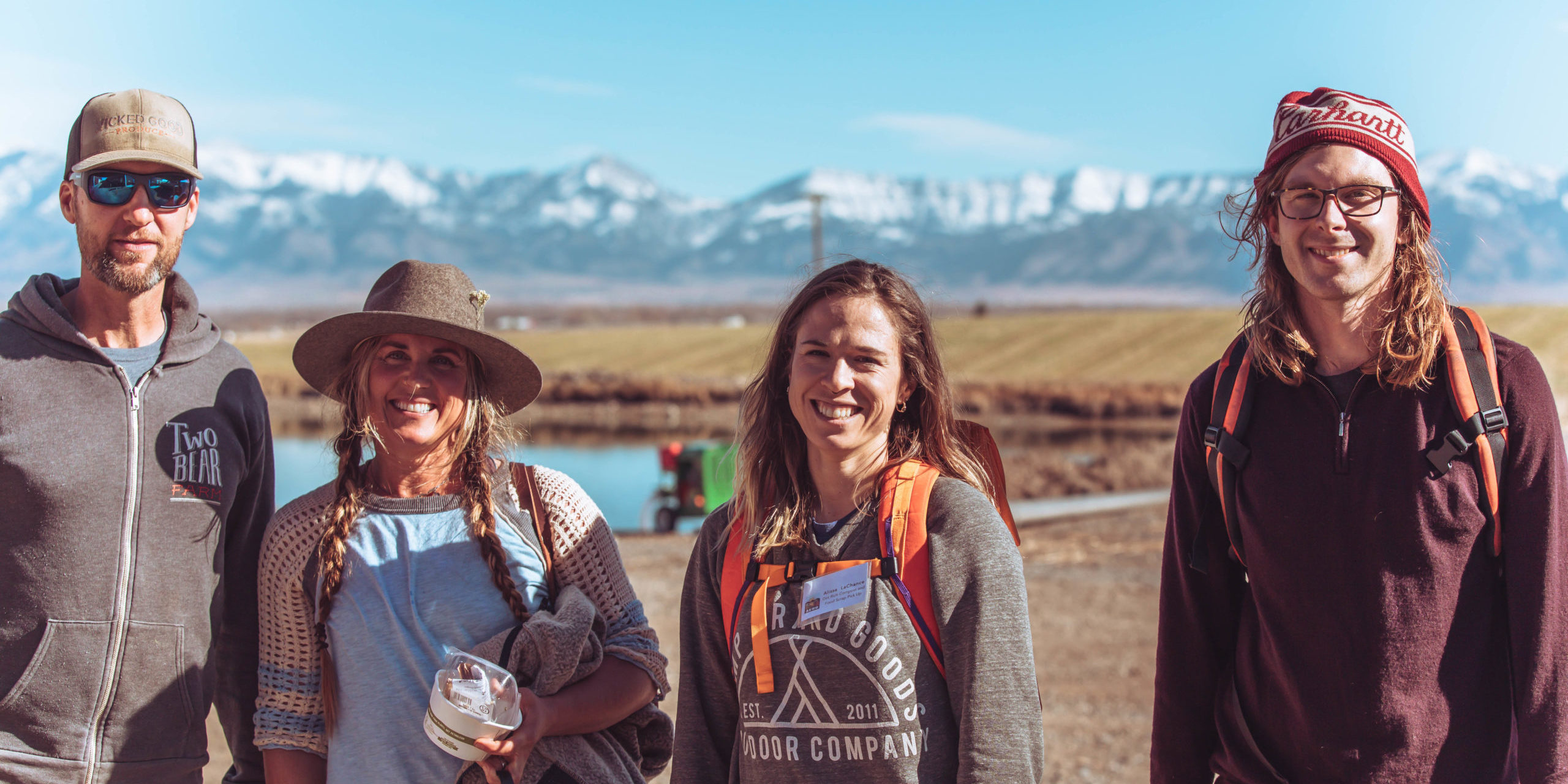 Jobs & Board Opportunities
Jobs & Board Opportunities
Careers, Internships & Board of Directors
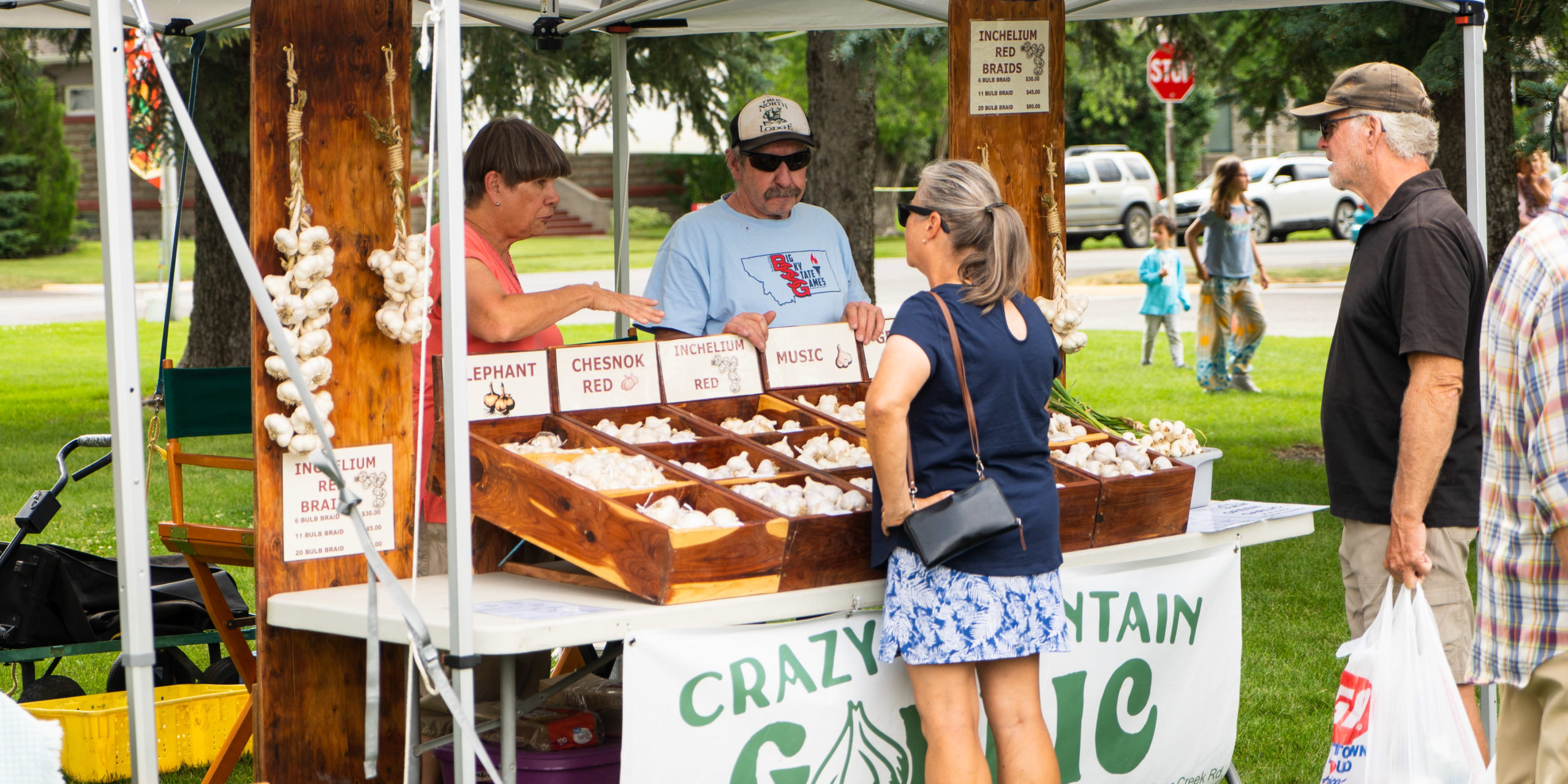 Montana Food Economy Initiative
Montana Food Economy Initiative
Cross-sector, community-based projects for food system resilience
 Grassroots Leadership
Grassroots Leadership
Grow Montana Food Policy Coalition
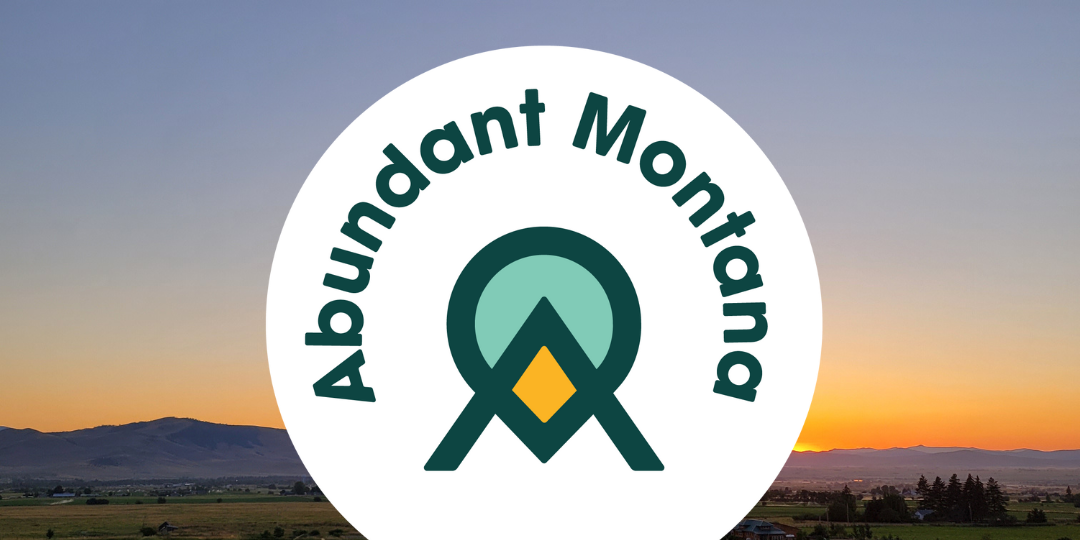 Abundant Montana
Abundant Montana
Montana’s megaphone for local food, farms, and food businesses
 Value-Added Producer Success
Value-Added Producer Success
Trainings, market support, & advocacy in partnership with producers and regulatory bodies
 Montana Food Providers Project
Montana Food Providers Project
Montana Food to Montanans
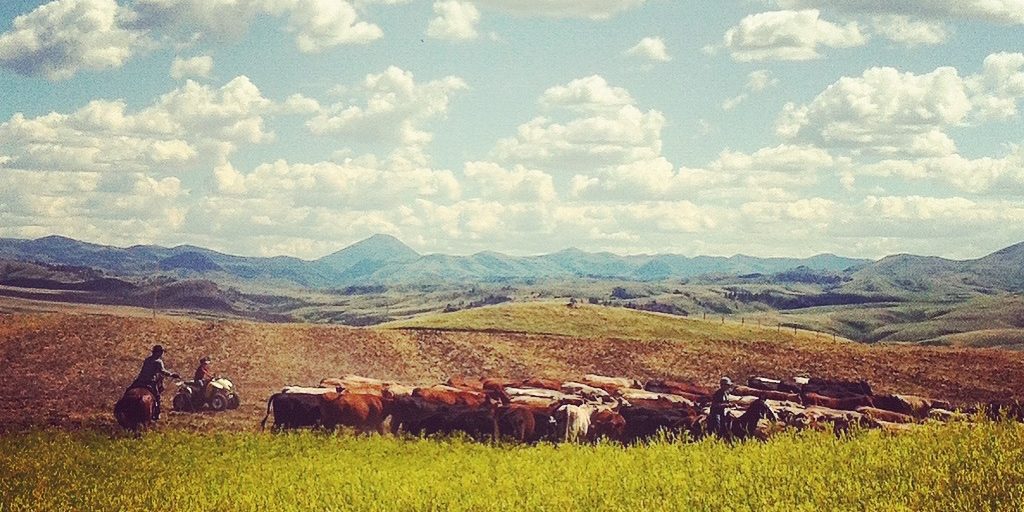 Events
Events
Community Events, AERO Programs & Meetings
 Sun Times
Sun Times
Sun Times Blog
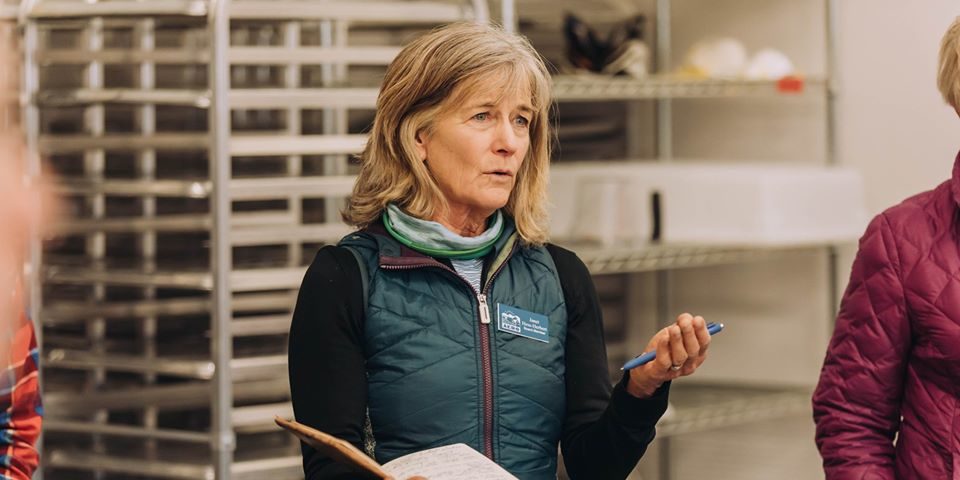 News
News
AERO News & Announcements
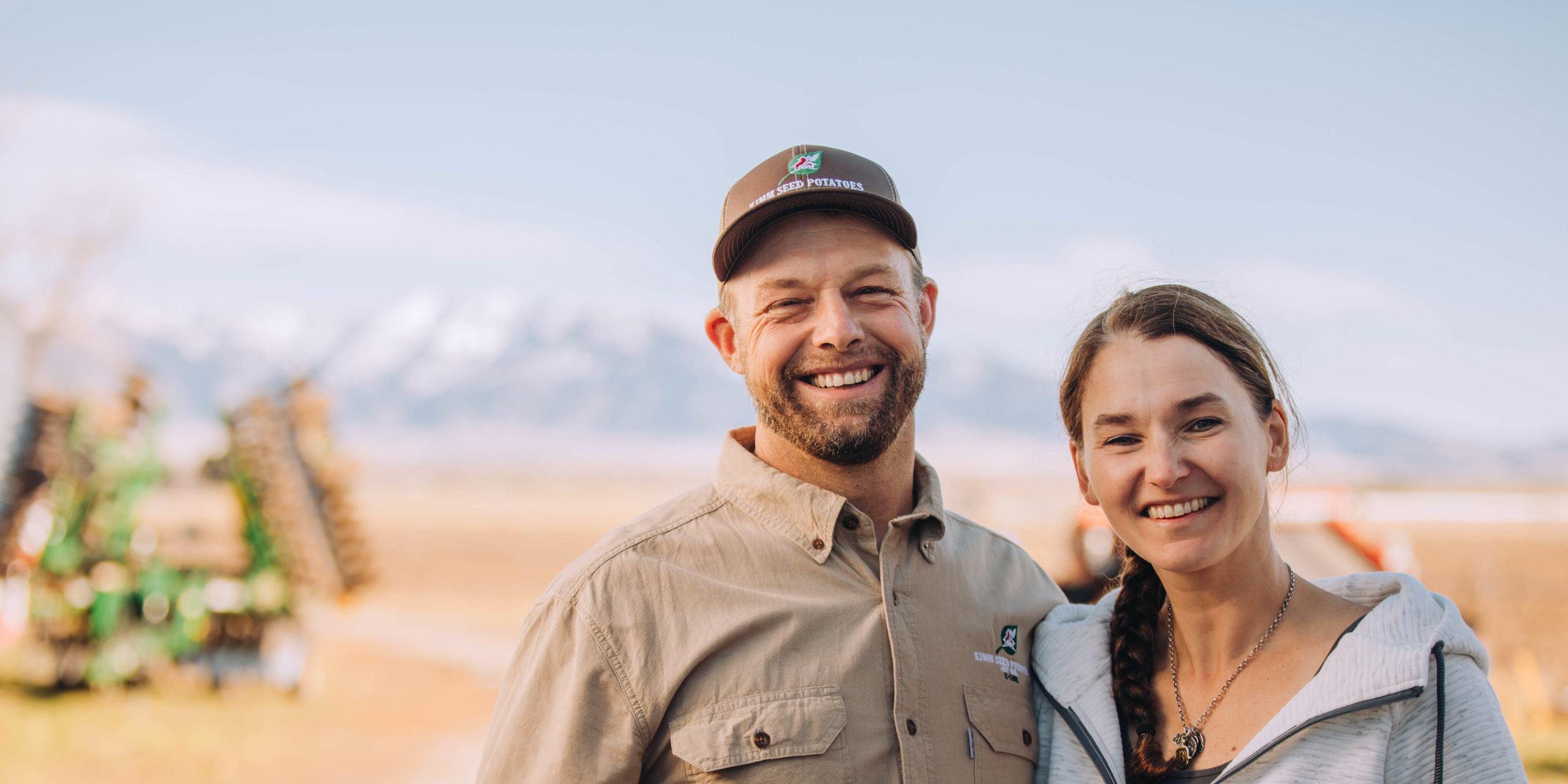 Success Stories
Success Stories
Member, Supporter & Program Success Stories
 Expo 2023
Expo 2023
October 20-21st in Helena
-Details & Registration-
 Downloadables
Downloadables
Downloadable Resources
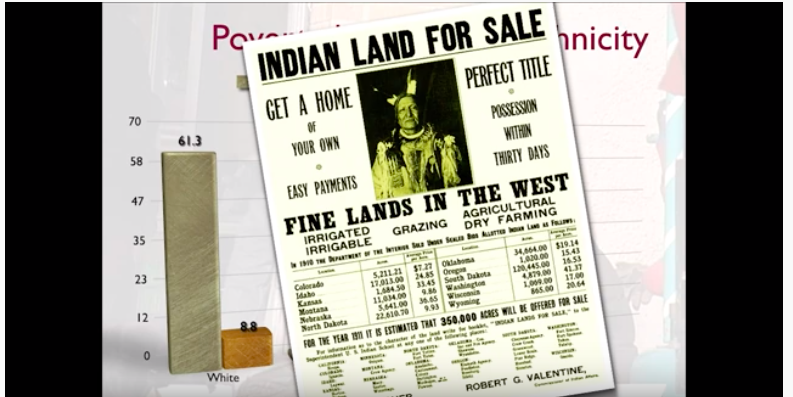 Videos
Videos
Live Program & Event Recordings
 Webinars
Webinars
Training & Meeting Webinar Recordings
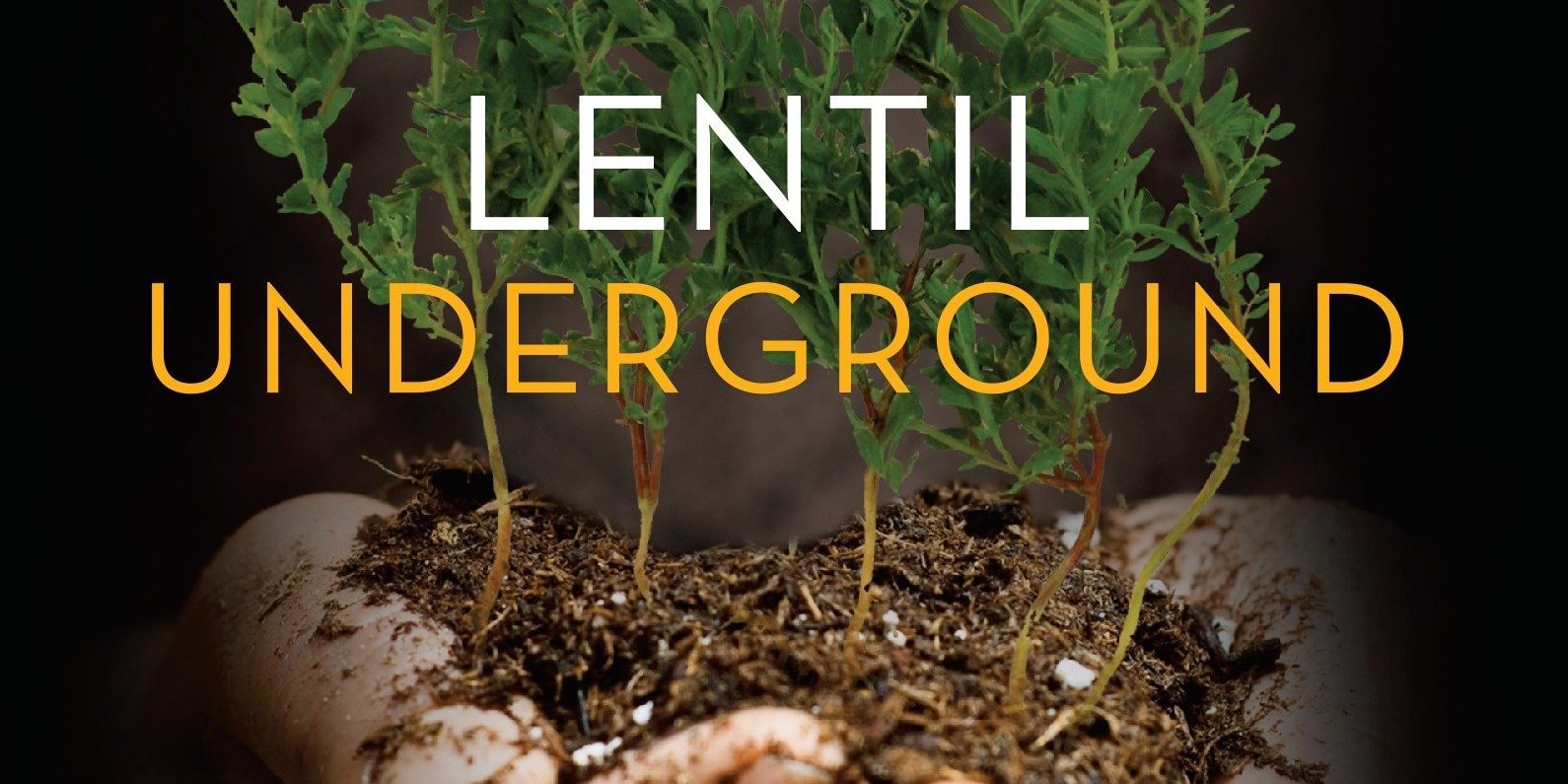 Get Inspired
Get Inspired
AERO’s founding story & Grain by Grain
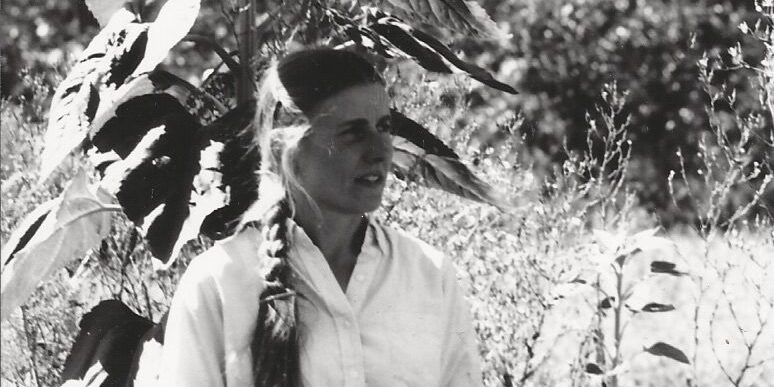 Jane Kile Scholarship
Jane Kile Scholarship
Annual funding opportunity for stewards of land, communities, and food systems
